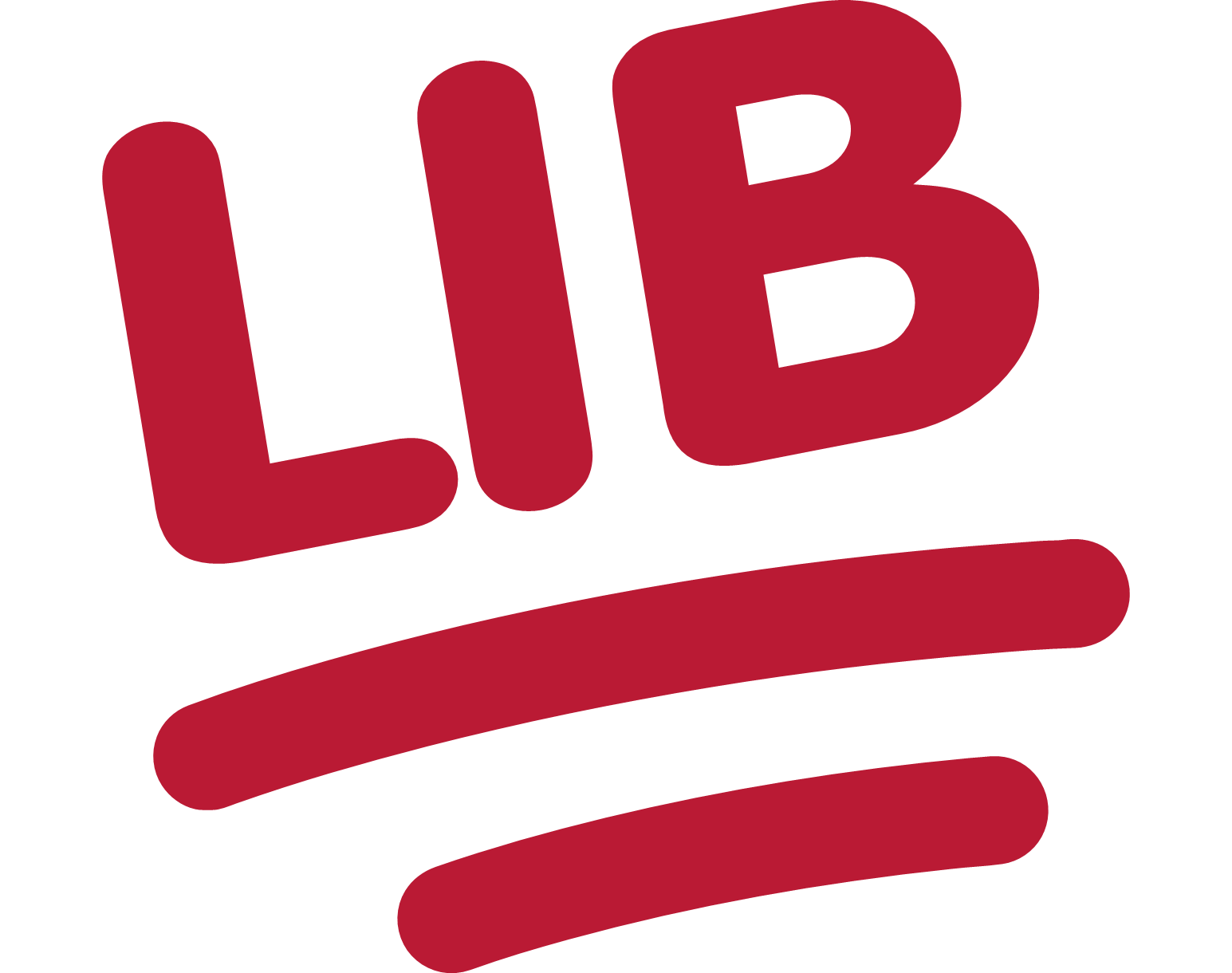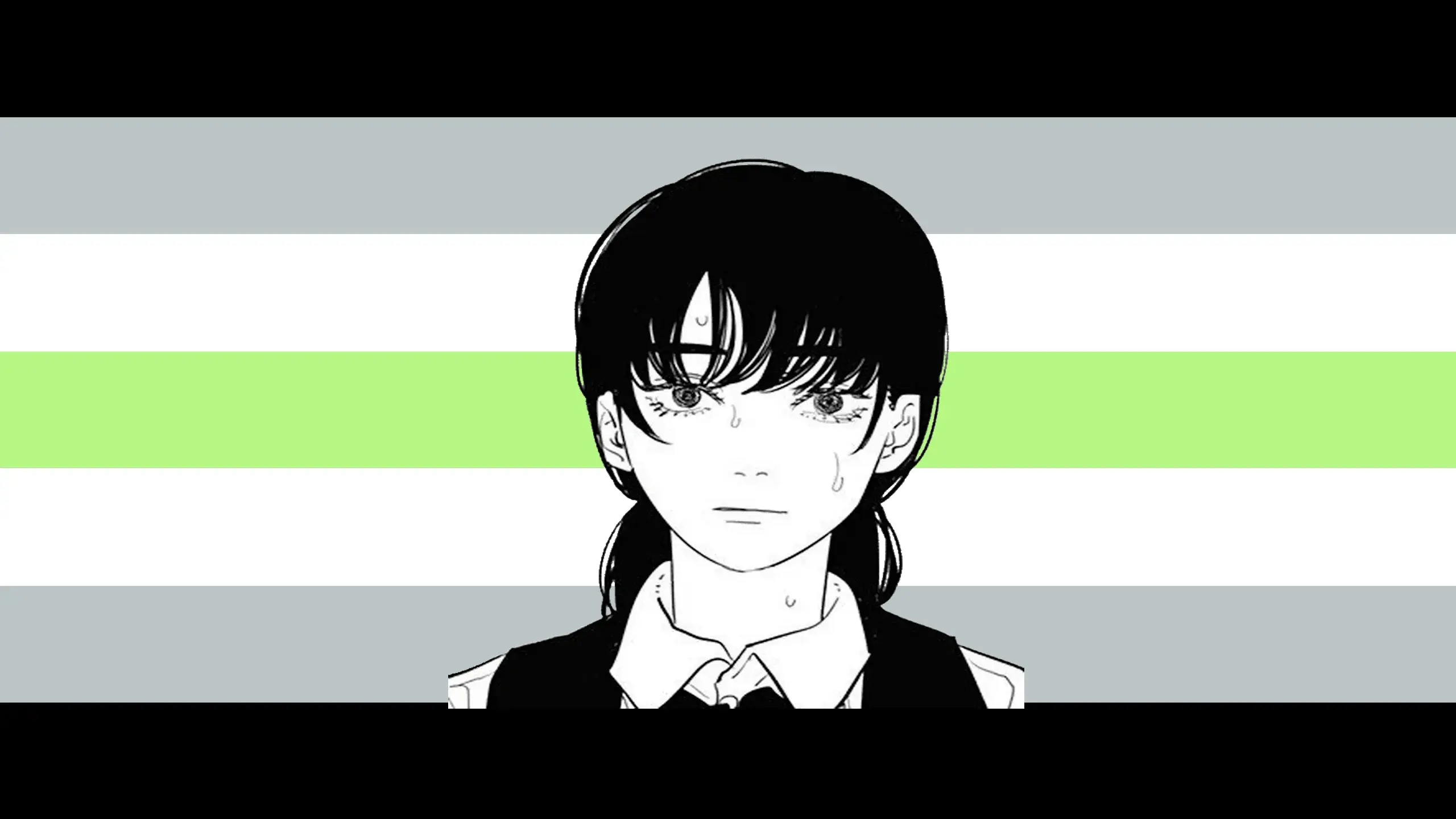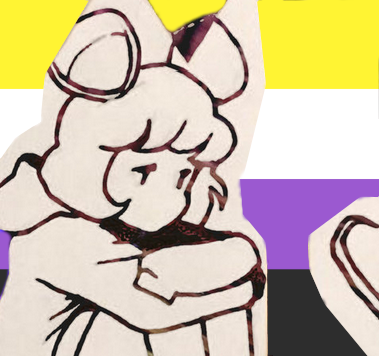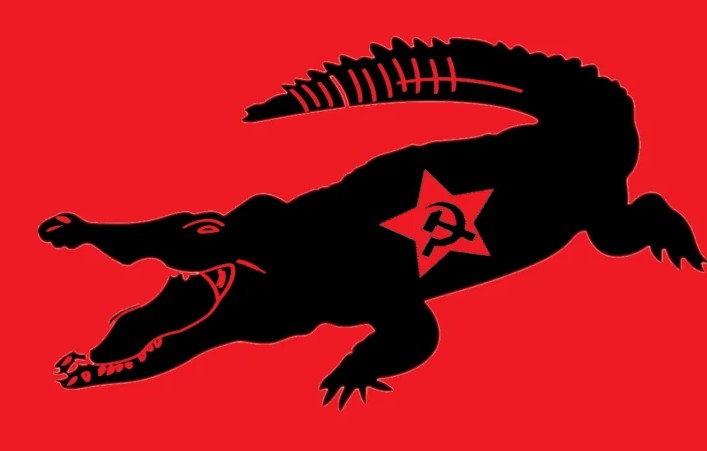One subject within feminism that I, unfortunately, decided to take a look at common discourse for is whether men can be feminists or not.
Right from the get-go, I noticed that this discourse is insanely binarist, cisheteronormative, and non-intersectional. It's typically a separatist tendency to put forth that men cannot be feminists due to them lacking the experience of life as a woman, but this has many flaws:
1. It's a matter of semantics: This is just a convoluted effort for feminists who do not actually understand feminist theory and ideology to tie support for a tendency to being personally impacted by that tendency. If a man supports woman's liberation, whether or not you call him a "feminist" is just within a label, but his ideas are in the direction of such a tendency, just like how one can oppose something like sinophobia without being Chinese. Feminism is often defined by an ideological stance that supports women's liberation, regardless of one's experience (or lack thereof) with womanhood.
2. It's grossly essentialist: This idea that men have to distance themselves from having sympathy to feminism as a movement pushes for this bitter idea that men are inherently to be oppressive or repulsed by women's rights. Aside from the fact that this isn't true, it's also very unhelpful and even dangerous, as it doesn't encourage privileged men to reexamine how they can be better. Essentialism is inherently anti-feminist because it turns patriarchy from a systemic concern into a personal concern, which has no capacity to advance women's liberation, and speaking of this, another issue it has?
3. It's binarist, cisheteronormative, and inconsiderate of intersectionality. As I've hinted at already, this is a deep concern for me. Queer cis men, such as gay and bisexual cis men, are negatively impacted by patriarchy directly, even though they are not women. Patriarchy is a structure that works hand-in-hand with queerphobia to keep heteronormative ideas in place, and feminists, especially if they are queer themselves, should know this. Of course, this also starts being a very fuzzy area for trans men and trans women.
Trans men are undeniably men who go through an experience where patriarchy is hindering them more than it does your typical cis man. Of course, trans women do not benefit from this either, as essentialism is a tool of patriarchy, not a tool against it as I stated in the last point. Essentialism is why patriarchy hates trans people. Whether you are a trans man, trans woman, or non-binary (✋🏿), you are defying this essentialist standard that the sex you were assigned at birth tells you where you sit in this crudely constructed gender hierarchy.
That gender hierarchy vanishing would benefit all of these aforementioned queer people, including the ones that are men. Hell, dismantling patriarchy would even benefit many cishet men because of the toxic standards that it sets up. Even if you are a cishet man, for instance, if you are emotional and sensitive, you are being put down for being that way because of patriarchy.
Ultimately, I'm not really surprised that the privileged white feminist types would be the kind of people to think that feminism is only a movement that can be supported by people like them. After all, these are the same people who neglect factoring in intersections of things like race, class, and queer identity simply because it doesn't bother them personally. Oftentimes, it seems like these kinds of shortsighted and non-intersectional feminists do not want patriarchy to end; they want how they are personally inconvenienced by patriarchy to end.
As a black, non-binary transfeminine person, a lot of feminist talk scares me because it leaves me in this weird question mark zone, where I'm saying to myself "Where exactly do you all think I factor into this discourse because you seem to be only focused on binarist cisheteronormative ideas without a single hint of intersectionality in your feminism?"
Unfortunately, I just so happen to realize that, regardless if me or someone else, people outside of the typical lens of a non-intersectional feminist are erased, and on the rare one-off occasions in which we are directly brought up, intersectionality will, ironically enough, be called a "divisive distraction," and in some instances, people like me are met with mask-off bigotry.
Obviously, I'm not saying you shouldn't be wary of cishet men from a systemic standpoint. The privilege that patriarchy grants them can corrupt their behavior and thought patterns just like how white supremacy and settler mindset does the same for cracKKKers. However, this type of shortsighted stuff I'm worried about isn't from a systemic standpoint; it's from an essentialist one, and it's getting to be so damn essentialist that it's unhelpful.
To close out with an analogy, as a black person, I will hiss at cracKKKers all day because of how white supremacy has systemically poisoned their mind and their own view of their privilege, but in this process, I will never start supporting "scientific racism but for black people" (black supremacy). This is because I know that essentialism is a part of the problem, not a tool to be used against it.
I used to see a lot of liberal feminist pages on Instagram that I am now kinda suspicious of. The issues they brought up were always, exclusively, cishet issues, like luxury tax on tampons and sexism in workplaces. Not that these aren't serious issues, but there was never any mention of how queer women are affected by these things, or women of colour of neurodivergent women and so on. I don't think I ever saw a single instance of how patriarchy negatively affects men, especially marginalised men, men were only portrayed as benefitting from patriarchy. I'd see these infographics where the only men that existed were businessmen in suits, and the only women that existed were white middle class cishet women.
Such a narrow focus on elevating one group isn't liberation, it's just wanting privileges to be extended to yourselves. These people haven't done a serious examination of patriarchy, they just know how it affects themselves and think "well, I would like it to stop affecting me personally". Dismantling patriarchy is something that requires queer theory and moving past gender binaries and intersectionilism, and anyone who isn't willing to take that step shouldn't be considered a feminist.
White women do fuck up a lot of things and I think their contributions explain most of these tendencies. There is a particular strain that is all about centering their exact experience. It's almost as if they have been gifted one marginalization and are desperate to hoard or rather than dismantle it, as it maintains their status in the discourse and these organizations. In my experience such people are also so obsessed with their particular brand of liberal feminism that they end up not caring about anyone else and get pissed off when you remind them that, for examples brown people exist and face marginalization as well, including brown women, including trans brown women.
There is also a lot of overlap with Warren supporters.
In fairness, a lot of foundational feminist literature was written in a time where the patriarchy was significantly more oppressive than it is now, and openly so. Male allies barely existed.
Modern feminist theory reflects the modern day, but as with most fields, the mainstream and even the academics often lag behind. I would expect intersectionality in general to become much stronger in the coming years, especially as the contradictions of modern capitalism drive increasing class consciousness as well.
To me, "can men be feminists" is such a strange thing to ask cause even the most man-hating, gender essentialist radical feminist theorist that I can think of said there could be a men's auxiliary to the movement.
And yeah essentialism is such a strategic dead-end even if we ignore all the theoretical reasons why it's wrong. If "maleness" is innate, then the only way to overthrow male supremacy is an armed revolution by oppressed genders followed by the genocide of men... Almost no one wants this. So instead gender essentialist TE"RF"s and other liberal feminists just tacitly accept eternal male supremacy.
Even if you are a cishet man, for instance, if you are emotional and sensitive, you are being put down for being that way because of patriarchy.
Yeah patriarchy enforces a lot of limitations to behavior. Of course most people would have a better time post-patriarchy. But then you have to fight for the feminist revolution, which is a lot of work for something that might not happen, so might as well appreciate the privileges the system gives you. Idk, I think there's some similarity here with the petty bourgeoisie going for fascism instead of communism when they become downwardly mobile. Also a similar thing with settlers.
on the rare one-off occasions in which we are directly brought up, intersectionality will, ironically enough, be called a "divisive distraction," and in some instances, people like me are met with mask-off bigotry.
The state of the feminist movement right now is... Not good
I'm sorta wondering who you're reading. Non white feminists seem to have much better takes than white tenured professors. I realise that she's not perfect, but bell hooks comes across as someone that does intersectionality better.
If anyone has any more names worth reading, I'd be keen to hear it.
I've read bell hooks, and I absolutely love her work. However, my concerns are less with specific feminist authors and more with mainstream feminist discourse. That being said, I'm still aware that white feminist public figures like professors and activists still can be... let's just say very much less than optimal.
I took an introductory Women's Studies course in uni. Although I was a very massive
 at the time, I can see what you're saying about mainstream discourse.
at the time, I can see what you're saying about mainstream discourse.
To add to my last comment, I can half understand women wanting to distance themselves from men as we disappoint time and time again. But I agree with your analysis that it's limiting with other marginalised groups.
Seperatism is always cringe though, the endpoint of it is probably akin to zionism tbh
I definitely understand it too, but my issue is that it's an incredibly shortsighted viewpoint in the execution of most (white) feminists.
[CW: Mention of Systemic Racist Violence]
These kinds of feminists will think that a black man deserved to get shot by a white female police officer because they assume that him being a man inherently made him a "threat" while they have zero sense of the systemic racism involved in such a circumstance. Their lack of intersectionality will legitimately lead to the "more female war criminals" kind of thinking because of this. It's the same logic behind people pinkwashing to promote Islamophobia.
Am I wary of men? Of course, as I am with any privileged group. I'm wary of men, white people, cis people, straight people, and neurotypical people for instance. However, this is from a viewpoint that stems from systemic oppression, not a belief that these groups contain some kind of "inherent evil."
Good post. I really resonated with a lot of it, as it puts concise wording to how I've been thinking about feminism lately.
I've come to understand that liberation from these systems of patriarchal gender roles and hierarchies would benefit me in particular as a queer man but, many times I also find myself reflecting on the oppression that women face now and have faced historically. I can't help but sympathize in the ways you mentioned in your post, particularly because it often comes from reflecting on the challenges the women in my life have faced and trying to act as a support system for them. It just leaves me wanting a better world for them so that they can fully flourish; unfettered by these systems of oppression that I know have held them back in their lives and set them on paths they never wanted to go down.
I wonder how much of this is from people trying to have conversations about feminism or through a feminist framework when their knowledge is not all that deep?






